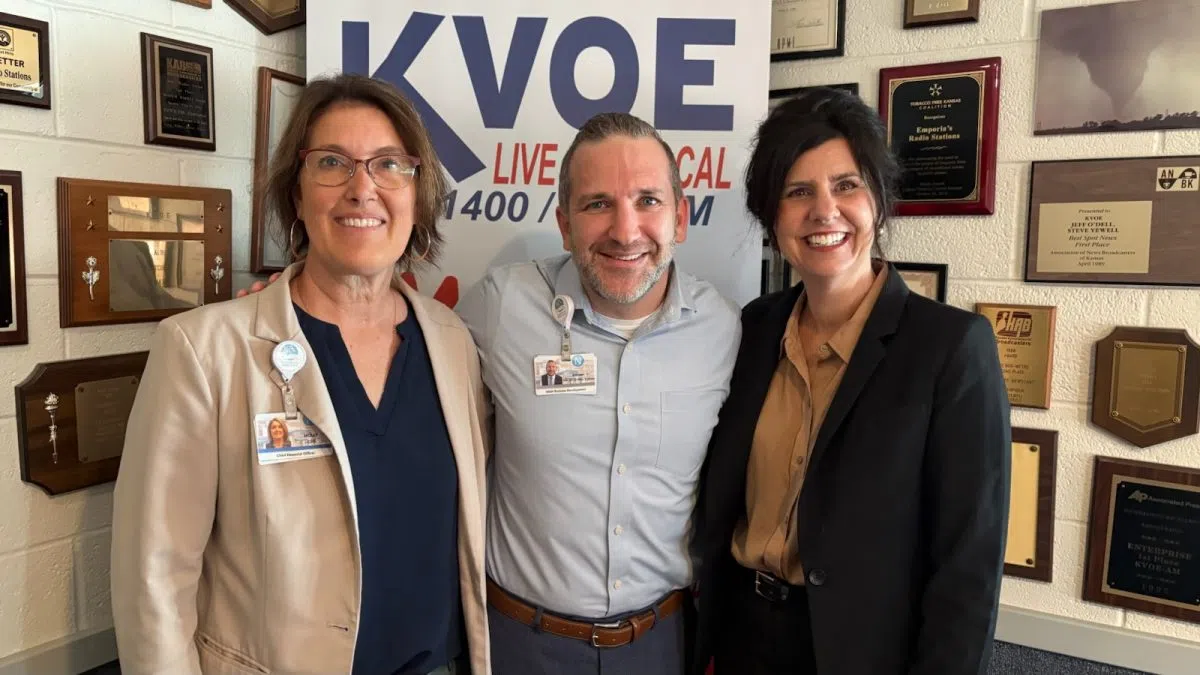Paul Biya, 92, Defies Expectations, Announces Bid for 8th Term as Cameroon's President

Yaoundé, Cameroon – In a stunning announcement that has sent ripples across Cameroon and the international community, President Paul Biya, Africa's oldest leader at 92, has declared his intention to seek an eighth term in the upcoming October elections. The move comes after months of widespread speculation regarding his health and potential retirement, defying expectations and setting the stage for a potentially contentious political landscape.
Biya’s decision, formally unveiled on Sunday, marks a continuation of his remarkable 39-year reign over the Central African nation. His leadership has been characterized by periods of relative stability, but also by accusations of authoritarianism, human rights concerns, and limited political reforms. The announcement has ignited a flurry of reactions, ranging from cautious optimism to outright condemnation, particularly from opposition groups who have long called for democratic change.
Health Concerns and Succession Rumors
For months, rumors have swirled around Biya’s health, fueled by his infrequent public appearances and reports of medical trips abroad. While the government has consistently dismissed these concerns, they have nonetheless contributed to a growing sense of uncertainty surrounding the country's future leadership. The question of succession has become a central theme in Cameroonian politics, with various factions maneuvering for position in anticipation of a potential transition.
The president's announcement effectively puts those succession plans on hold, at least for now. It also raises questions about his ability to effectively govern given his advanced age and the ongoing health speculation. Analysts suggest that Biya’s decision is likely driven by a desire to maintain control and prevent a power vacuum, as well as by a belief that he still has the support necessary to win the election.
Political Challenges and Opposition Response
Beyond health concerns, Biya faces a number of significant political challenges. The country continues to grapple with the ongoing Anglophone crisis, a separatist movement in the English-speaking Northwest and Southwest regions that has led to years of conflict and displacement. Economic inequality and unemployment remain persistent issues, fueling social unrest and discontent.
The opposition has reacted strongly to Biya’s announcement. Several prominent opposition leaders have condemned his decision, accusing him of clinging to power and undermining democratic principles. They argue that the country needs fresh leadership to address the pressing challenges it faces. However, the fragmented nature of the opposition and the government’s control over the electoral process pose significant obstacles to any meaningful challenge.
Outlook for the October Elections
The October elections are expected to be closely contested, with Biya facing a diverse field of candidates. While he remains the favorite to win, given his party’s dominance and the government’s resources, the combination of health concerns, political challenges, and opposition pressure could make this election more unpredictable than previous ones. International observers will be closely monitoring the electoral process to ensure fairness and transparency.
The coming months will be crucial for Cameroon as it navigates this period of political uncertainty. The country’s future hinges on the outcome of the elections and the ability of its leaders to address the underlying issues that threaten its stability and progress.





